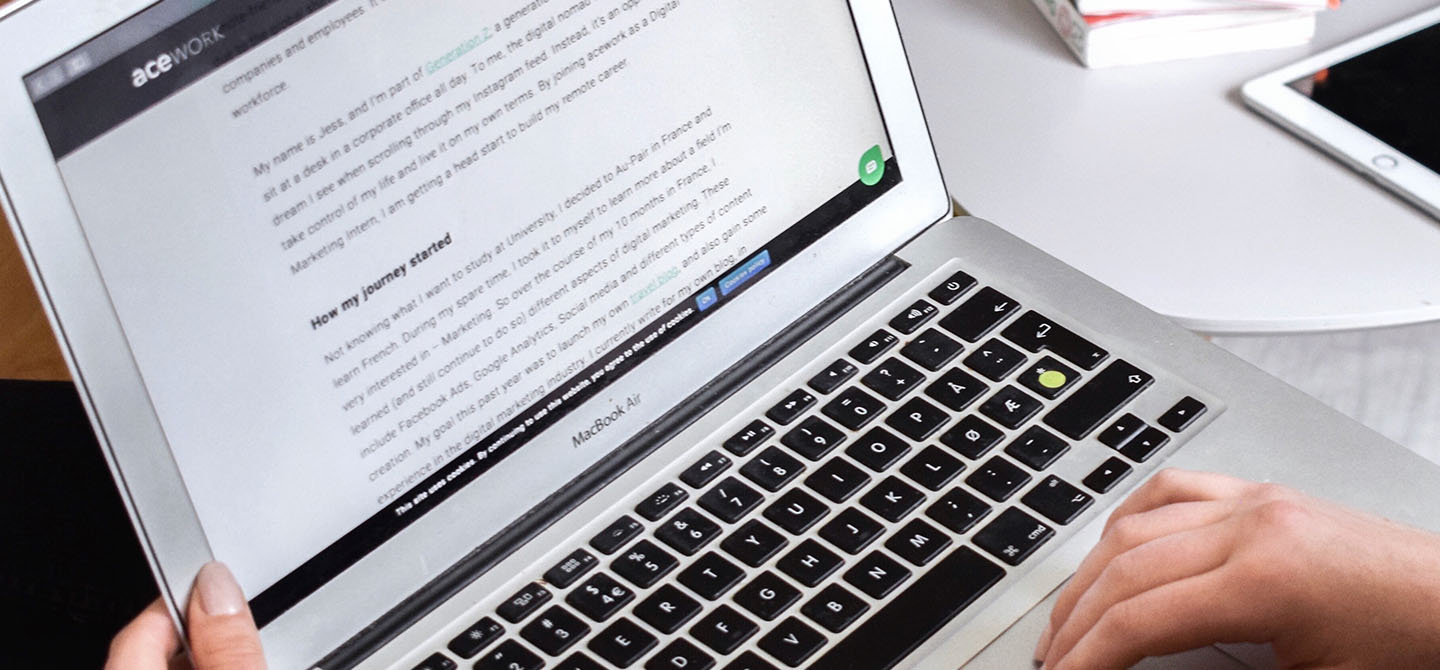A share buyback is when a company repurchases shares of stock from its shareholders. In doing so, the company cancels the shares it has purchased, reducing the overall number of shares on issue.
The Australian Security and Investment Commission (ASIC) heavily oversees this process to ensure companies adhere to its rules and regulations. Keep in mind, there are different types of share buyback schemes each with their own distinct procedures and regulations.
What is the purpose of a share buyback?
There are several reasons as to why a company might want to repurchase shares. For a publicly-listed company, a decision to engage in a share buyback is usually made when a company has excess funds it wishes to return to its investors. This is an alternative to paying the excess funds as dividends. When a company repurchases its shares, it reduces the overall number of shares on offer. This increases the amount of earnings produced by each share. Because of this, a share buyback is a helpful tool to increase share value. As a further benefit, the increased share value may make the company more attractive to investors, which can make it easier for the company to raise additional capital.
It is worth noting there are several other reasons as to why a company may undergo a share buyback. For example, a company may want to restructure how it finances its operations and growth (its capital structure), by reducing owner’s equity.
For private companies, particularly smaller ones, a buyback could be necessary in the event an individual shareholder passes away. Rather than allowing the deceased shareholder’s parcel becoming part of their estate, engaging in a buyback would allow the company to re-absorb their shares. This can be a win-win, in that the estate would receive cash, instead of the shares (which can be very illiquid), and the company retains more ownership internally.
Different types of share buybacks
There are different ways to offer shareholders a share buyback. In order to achieve the desired outcome, it is important to understand the different types of buybacks, and which is best suited to your company’s needs.
Equal access buybacks
The simplest form of buyback is an equal access buyback. Equal access buybacks occur when all ordinary shareholders are offered an opportunity to have their shares repurchased.
However, it is important to note the legal requirements that surround an equal access buyback. Before you can perform an equal access buyback you must give 14 days notice to your shareholders and ASIC. If an equal access buyback exceeds the 10/12 limit then it can only take place following a shareholder resolution. This means shareholders will vote as to whether they believe the buyback should go ahead. This resolution must receive a simple majority of more than 50%.
The 10/12 limit stipulates that a company cannot buy back more than 10% of its voting shares within a 12 month period.
Selective buybacks
A selective buyback is where a company only offers to repurchase shares from particular shareholders. For example, when an employee (or group of employees) of a company wishes to leave and sell their shares, a selective buyback may be appropriate. This can be useful if the remaining shareholders want to retain the same relative proportions of their share holding.
Selective buybacks can also be used where each of the remaining shareholders do not have sufficient personal assets to repurchase the selling shareholder’s parcel, but agree to use company assets to do so. A selective buyback requires a 75% majority shareholder vote (not including any selling shareholders).
Employee share scheme buyback
An employee share scheme buyback involves the repurchasing of shares from company employees or directors who hold shares under an employee share scheme. As with equal access buybacks, an employee share scheme buyback requires 14 days notice and a resolution if exceeding the 10/12 limit.
To Sum Up
It is important to keep in mind the following key points when undertaking a share buyback:
- Share buybacks allow a company to reduce its total amount of shares on issue, which usually increases its share price
- There are different types of share buybacks and picking the correct one for your circumstances is critical
- You must also ensure that you meet all the requirements and procedural obligations
Because of the strict requirements ASIC imposes, it is advisable to seek legal advice before initiating a share buyback.
If you need any assistance with initiating a share buyback, our commercial lawyers are here to help. Just call us at 1300 337 997, or complete the form on this page.







